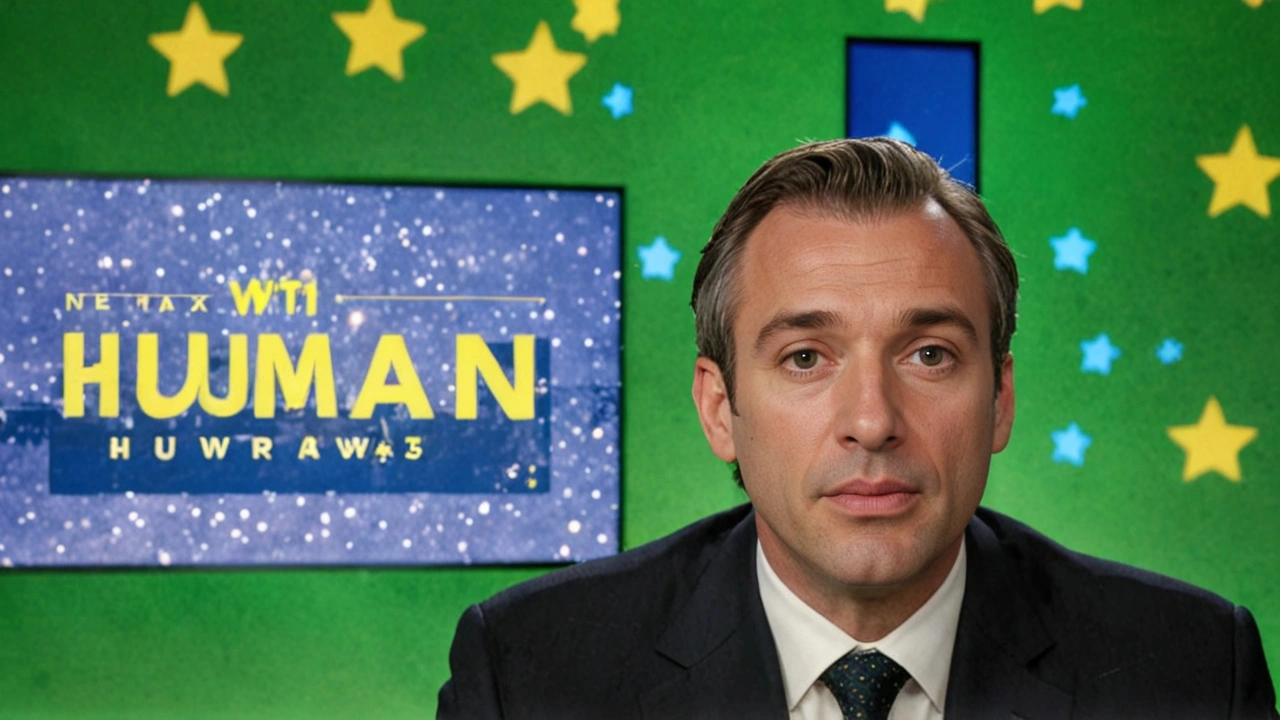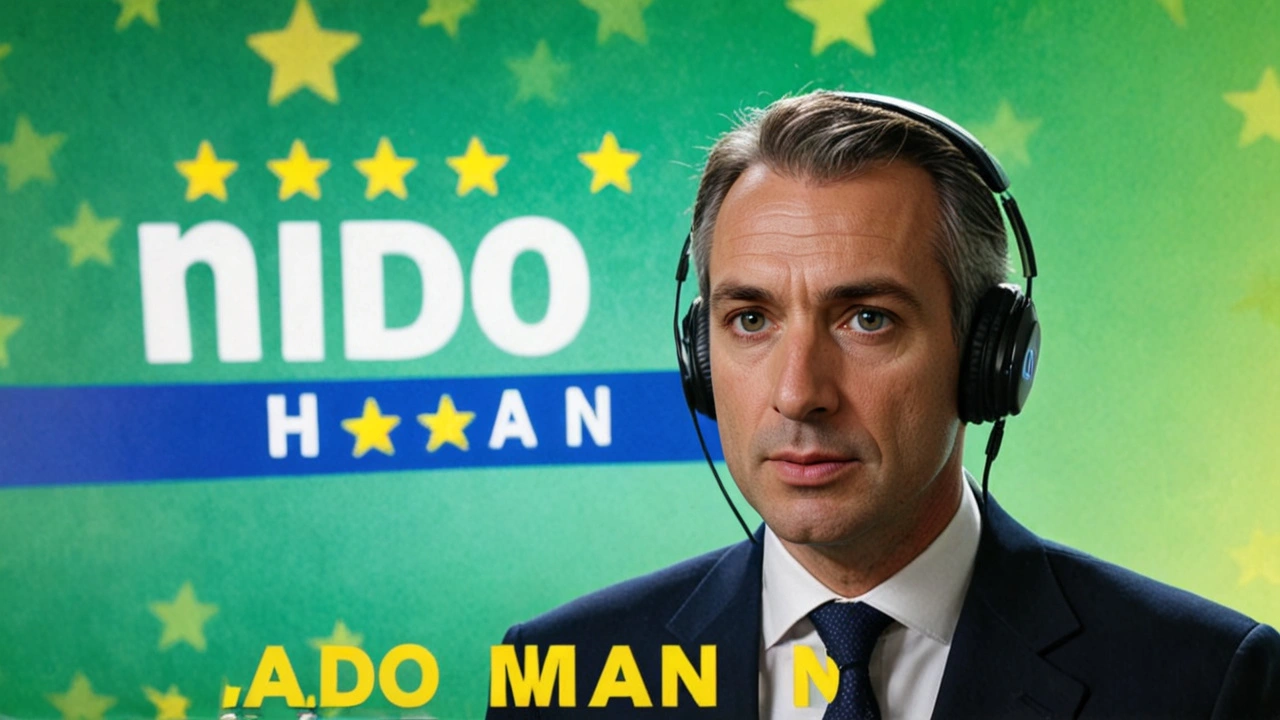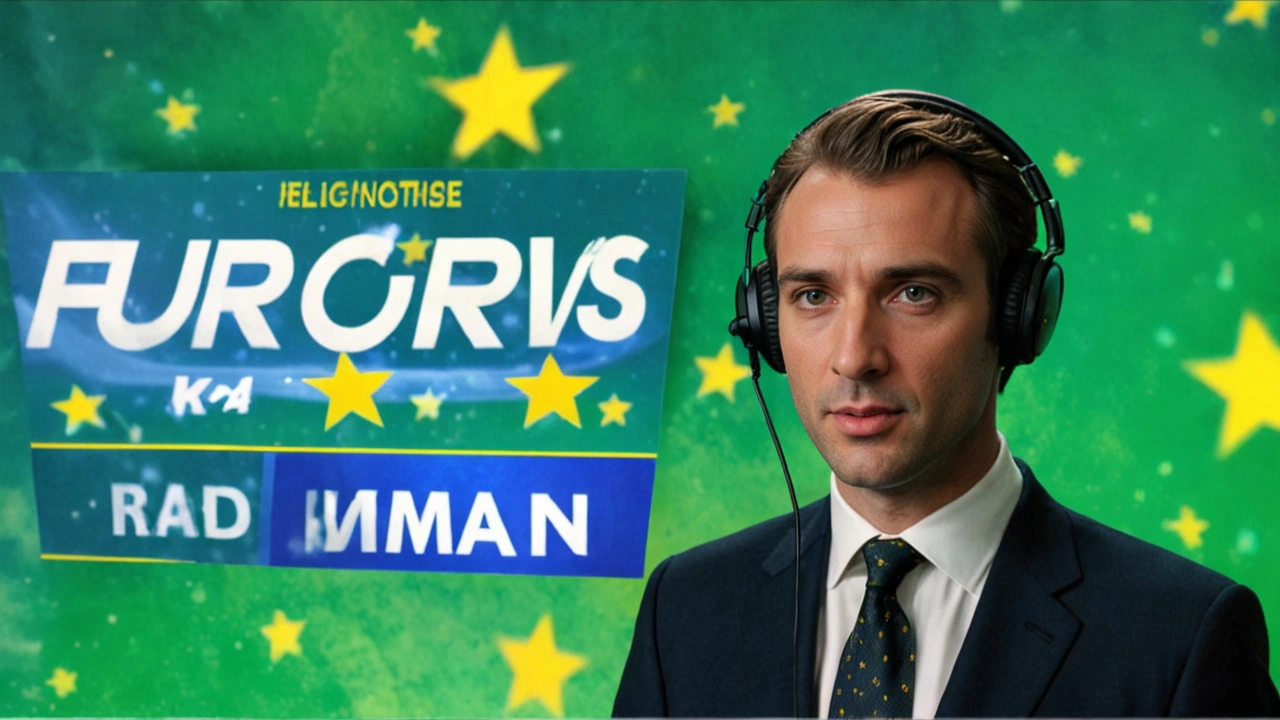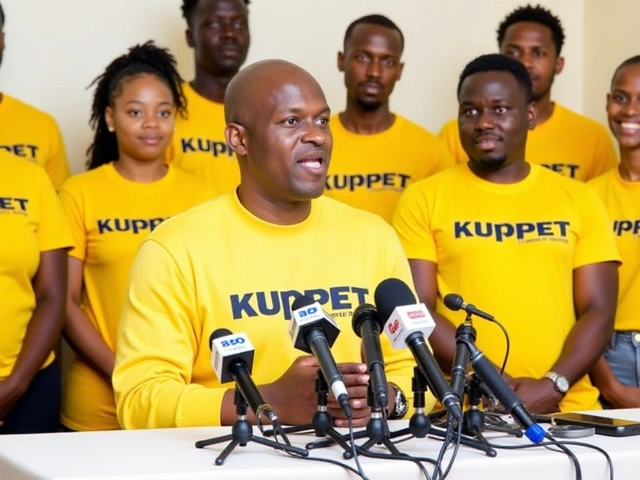
France's Legislative Election Shocker: The Rise of the New Popular Front
The recent French legislative elections culminated in a surprising triumph for the left-wing New Popular Front alliance, which captured 182 seats in the National Assembly. This outcome has drastically altered the political landscape in France, leaving President Emmanuel Macron's centrist alliance with 168 seats. Meanwhile, the far-right National Rally managed to secure 143 seats. The distribution of these results has led to what experts describe as a 'hung parliament', an outcome that injects considerable uncertainty into the formation of a governing coalition.
The immediate ramifications of this hung parliament are significant. Political analysts are now keenly observing the potential for a coalition government where the left-wing alliance might share power with President Macron. This possibility is intriguing not only for its immediate impact on French politics but also for its broader implications for European stability and international relations.
President Macron, despite the setback, remains a central figure in this turbulent scenario. His political acumen and experience may play a crucial role in navigating these choppy waters. Macron's ability to forge alliances and negotiate compromises could help stabilize the newly unpredictable political environment. However, the road ahead is fraught with challenges, and the direction France takes will have far-reaching consequences.
Political Stability at Stake: Market Reactions and Economic Implications
The unexpected election results have also triggered significant reactions in financial markets. The value of the euro has experienced a noticeable decline, reflecting investor concerns about the future of French policy and governance. Additionally, French stocks have been subject to increased volatility as markets digest the potential implications of increased public spending under the New Popular Front alliance's leadership.
Financial experts are divided in their opinions about the long-term impact of these market fluctuations. Some believe that the initial shock will be temporary, expecting markets to stabilize once a clearer governmental direction is established. Others, however, foresee prolonged uncertainty that could affect investment and economic growth in France.
For businesses and investors, the primary concern lies in the potential shift in economic policy. A government led by the New Popular Front would likely prioritize social spending and progressive reforms. While these initiatives could address social inequalities and bolster public services, they may also lead to increased budget deficits and taxation. Balancing these economic priorities will be a delicate task for any new coalition government.

A Victory for Climate and EU Stability?
One of the more nuanced aspects of the election outcome is its impact on climate policy and European Union stability. The defeat of the far-right National Rally has been particularly welcomed by climate defenders and proponents of European unity. The National Rally's platform included positions that were perceived as threats to both climate action and the stability of the European Union.
By preventing the far-right from gaining significant power, the election results may pave the way for more robust environmental policies and stronger commitments to international agreements, such as the Paris Climate Accord. For environmental activists and policymakers, this turn of events represents an opportunity to advance climate goals with less resistance and more international cooperation.
Furthermore, the commitment to European Union principles is likely to remain strong under a potential leftist-Macron coalition. France, as one of the leading nations in the EU, plays a crucial role in maintaining the union's coherence and efficacy. Ensuring that pro-European values continue to be a priority will be vital in addressing not just political challenges but also economic and security concerns within the EU.
Formation of a New Government: The Path Forward
The path to forming a new government in the wake of these election results is expected to be complex and arduous. Negotiations among the political factions will be crucial in determining the ultimate structure and leadership of the new administration. Analysts are advocating for a pragmatic and cooperative approach to governance to tackle France's pressing domestic and international priorities.
Given the divided parliament, compromises will be essential. This situation could foster a more collaborative political culture, where differing ideologies come together for the common good. Such a development would be a departure from recent years' more polarized political environment. However, achieving this level of cooperation will require significant effort and good faith from all involved parties.
Among the top issues that the new government will need to address are economic recovery post-pandemic, ongoing social reform, and France's role on the global stage. Tackling these priorities will demand not only sound policy-making but also the ability to engage with and respond to public sentiment, which has increasingly favored progressive changes.

Conclusion: Navigating Uncertain Times
The shock of France's legislative elections has left the nation at a crossroads, with a hung parliament and a myriad of challenges ahead. The left-wing New Popular Front's unexpected victory, combined with the relative strength of Macron's alliance, sets the stage for a potentially transformative period in French politics. As analysts and citizens alike ponder the future, the need for pragmatic, inclusive, and forward-looking governance has never been more apparent.
For President Macron and his allies, this moment represents both a challenge and an opportunity. Their ability to build bridges and foster cooperation will be critical in shaping France's path forward. The international community will be watching closely, as France's decisions will inevitably ripple beyond its borders, impacting European stability and global affairs.
In these uncertain times, the resilience and adaptability of France's political system will be tested. Yet, with thoughtful leadership and collaborative efforts, there is hope that the nation can navigate this period of change and emerge stronger and more united.
July 10, 2024 AT 07:10
This is HUGE! 🌍✨ Finally, hope for real climate action and less far-right noise!
July 11, 2024 AT 13:14
You know what’s fascinating about this outcome? It’s not just about France-it’s a microcosm of the entire Western democratic experiment. The electorate didn’t choose radicalism, but it also didn’t endorse the status quo. Instead, it opted for a messy, pluralistic compromise, which is actually a very mature response to polarization. Think about it: three major blocs, none with a majority, and yet the system didn’t collapse. That’s not failure-that’s resilience. The New Popular Front might push for wealth redistribution and green infrastructure, but without Macron’s centrist pragmatism, they’d be stuck in ideological quicksand. And Macron? He’s not out-he’s recalibrating. His survival depends on becoming the glue, not the gatekeeper. Meanwhile, the euro’s dip isn’t panic-it’s pricing in uncertainty, which is fair. Markets hate ambiguity, but they respect process. If France can build a coalition that actually governs instead of just posturing, this could be the model other countries look to when their own systems fracture. The real test isn’t who wins the seats-it’s whether they can stop treating governance like a zero-sum game and start treating it like a shared project. And honestly? If they pull this off, it’ll be the most important political development in Europe since the euro was launched.
July 13, 2024 AT 06:09
I’m so relieved the far-right didn’t win 😌 This is the kind of moment where civil society actually matters. People showing up, voting for unity over division? That’s powerful. Let’s hope the coalition works-France deserves stability.
July 13, 2024 AT 08:57
The real question isn’t whether a coalition can be formed-it’s whether the French public is ready to accept that compromise is not weakness, but the very foundation of democracy. The hung parliament is not a failure of representation; it is its most honest expression. Each bloc holds a piece of the national soul: the left, the center, the right. To force one into dominance is to silence the others. The art now lies in listening, not in winning. If France can model this, it might just teach the world how to heal.
July 13, 2024 AT 10:27
Honestly this is the most hopeful thing I’ve seen in European politics in years. No one got everything they wanted, but no one got crushed either. That’s how democracy’s supposed to work. The euro’s gonna bounce back once people realize this isn’t chaos-it’s collaboration in progress.
July 14, 2024 AT 03:17
France woke up and chose change not chaos 😎 Left wins but doesn’t rule. Macron’s still in the game. Market’s panicking? Good. They needed a wake-up call
July 15, 2024 AT 14:08
The structural dynamics here are textbook multi-party equilibrium. The left’s mandate is programmatic, Macron’s is institutional, and the RN’s is symbolic. What’s emerging isn’t instability-it’s a new equilibrium with higher transaction costs but greater legitimacy. The key metric isn’t seat count-it’s policy coherence across blocs. If they can coalesce around fiscal responsibility paired with green transition, this becomes a template for post-populist governance. The market volatility is just noise until the coalition framework is codified. Watch the budget negotiations-those will be the real signal.
July 17, 2024 AT 07:40
Let’s be real-this ‘left-wing surge’ is just a temporary glitch. The French are tired, not transformed. They voted against the far-right out of fear, not conviction. And Macron? He’s not a statesman-he’s a survivor clinging to power. This ‘coalition’ will collapse in six months. The real story? The people are still angry. They just don’t know who to blame yet.






July 9, 2024 AT 06:10
Wow this is wild 🤯 Left-wing wins but no majority? France just gave us a political soap opera with real consequences. Hope they figure it out before my crypto portfolio crashes again.